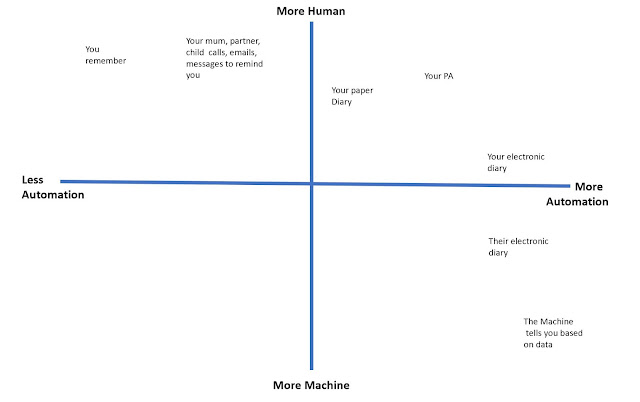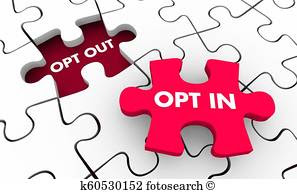Chaos and the abyss
This read describes the space between chaos and the abyss, where we find ourselves when we allow machines to make decisions without safeguarding collective criticism or realise they can change our minds. ----- There is a reality that we are not forced to recognise our collective ethical and own moral bias without others. However, these biases are the basis of our decision-making, so asking a machine to " take an unelected position of trust " and make a decision on our collective behalf creates a space we should explore as we move from human criticism to machine control. Machines are making decisions. Automation is incredibly powerful and useful, and we continue to learn to reduce bias in automated decision-making by exploring data sets and understanding the outcomes by testing for bias. As we continue testing, iterating and learning about using past data for future decisions, we expose many of our human frailties and faults. The decisions...


